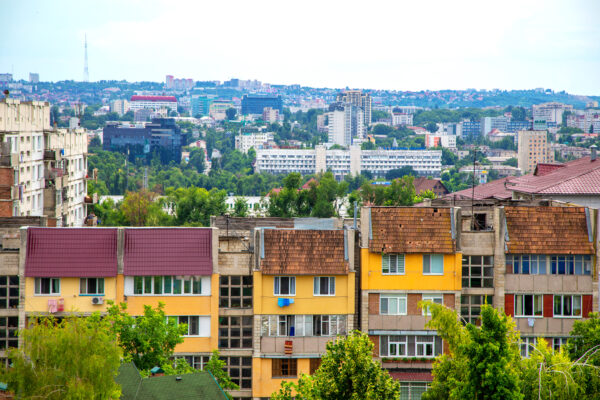
Dependent on the Communist Party for its majority, Moldova’s new government may have to downplay its interest in deepening ties with the rest of Europe.
Parliament voted in a new administration in Chișinău on Wednesday, led by the former businessman Chiril Gaburici. His Liberal Democratic Party won 20 percent support in November’s election, placing it behind the pro-Russian Socialist Party which got 21 percent support.
The Liberal Democrats failed to renew their alliance with the Liberal Party but still govern in coalition with the Democratic Party. Both are centrist and pro-European but do not command a majority in parliament between them. They needed the Communists to keep them in power.
The Communists ruled Moldova before it became independent from the Soviet Union in 1991. Unlike the more radical Socialists, they claim to support integration with the European Union but seek to revise Moldova’s trade agreements with the bloc to shield farmers from competition.
However, Communist Party voters tend to be more sympathetic to Russia and many switched to the Socialists in last year’s election as tensions between Russia and the West mounted over the standoff in Moldova’s neighbor, Ukraine.
If the Socialists do well in local elections that are likely to be called in July, that could raise pressure on the Communists to pull their support from the pro-European coalition.
Russia has hurt Moldova’s economy by banning meat, vegetable and wine exports after the country signed an association agreement with the European Union last summer that put it on a path to membership.
The trade and visa agreements with the European Union have helped buoy the economy but Moldova remains one of the poorest countries in Europe.
